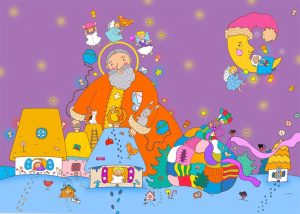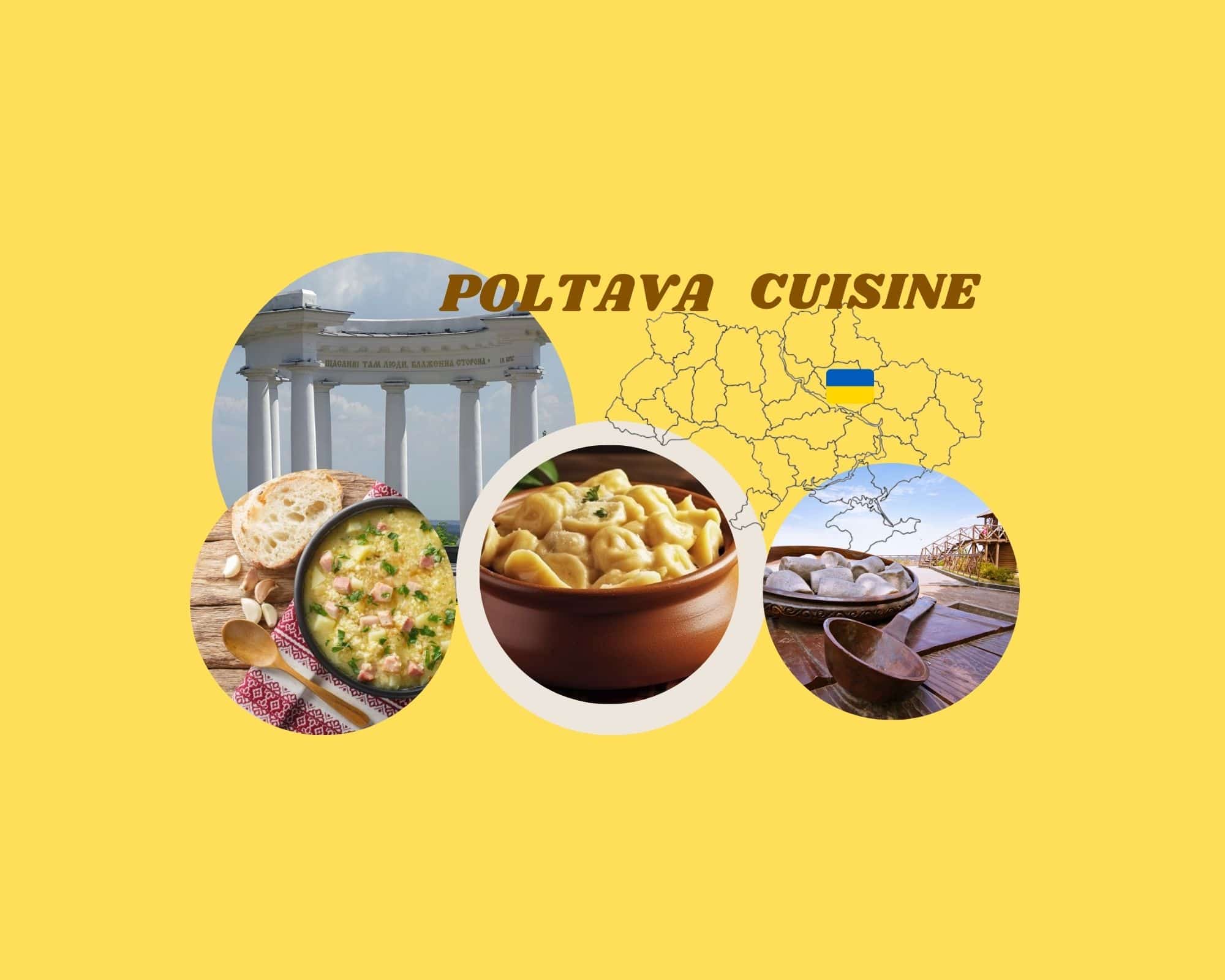The day of Saint Mykolai (Nicholas) is the feast with a special charm. Orthodox Christians celebrate it on the 19th of December, while Catholics on the 6th of December (Catholics all feasts with constant dates celebrate 13 days earlier, taking into account the difference between the Julian and Gregorian calendar).
Children are waiting eagerly for this day the whole year. On the eve of the feast they write letters with their wishes to St. Mykolai and put them into mail boxes or leave on a window sill.
The day before the feast children recollect all good and bad deeds, and decide what doings overweight. Will it be a present, or, probably, a rod? Obedient children will surely find a present under a pillow (in the socks or shoes), while intractable children will find a twig. The twig is a sort of warning in order to make a child think about his/her behavior and turn over a new leaf. This wonderful tradition passes from one generation to another, allowing children to form their values and belief.
Who is Saint Mykolai? A mysterious guardian of festive mood?
A few are aware that this feast hides the life history of a person who lived in the second half of the 3rd century. He became famous for his kindness, generosity and help to those in need. According to the legend, Mykolai was born in city Patary, Lycia. His parents were spiritual people. The boy from a young age differed from others with a special love, kind heartedness, and sympathy for the outside world. For his good nature and charity Mykolai earned respect from people and was elevated to sainthood.
National traditions of St. Mykolai Day
It is believed that St. Mykolai Day is the last day in the year when you can pay off the debts. Saint Mykolai himself had a fortune yet regularly donated to aid poor people.
There was a time when goodmen brewed beer in this day and welcomed guests, celebrated, and had fun. In the afternoon they put the best horses to the cart and went riding with songs and merry exclamations – “since it’s necessary to know whether snow this year is slippery or not.”
In Kharkiv region, there was a tradition to celebrate St. Mykolai Day three days. People cooked uzvar (dried fruit drink) and kutia (boiled wheat berries with poppy seeds and raisins) to ensure a good harvest.
In Kyiv a goodman after coming from the church took a bowl with blessed water, karavai (round loaf of bread) with a pinch of salt, and went to asperse his house, cattle, and grains, while keeping repeating: “Saint Mykolai, bless and protect from any misfortune.”
Saint Mykolai takes care of soldiers, drivers, and travelers. He helps poor people in trouble and is considered to be a patron of children and students, sailors, sellers, and archers.
In modern days an awesome new tradition has appeared – to take care of orphans and deprived children by giving them gifts on St. Mykolai Day.
Have you liked the article about St. Mykolai Day?
Join and follow us on social media to keep up-to-date with our freshest recipes, cooking tips, and entertaining articles related to the Ukrainian people, culture, and traditions!
Find us on Facebook, Instagram, Pinterest, Yummly, etc. to comment and share your favorite Ukrainian recipes with friends and relatives!








